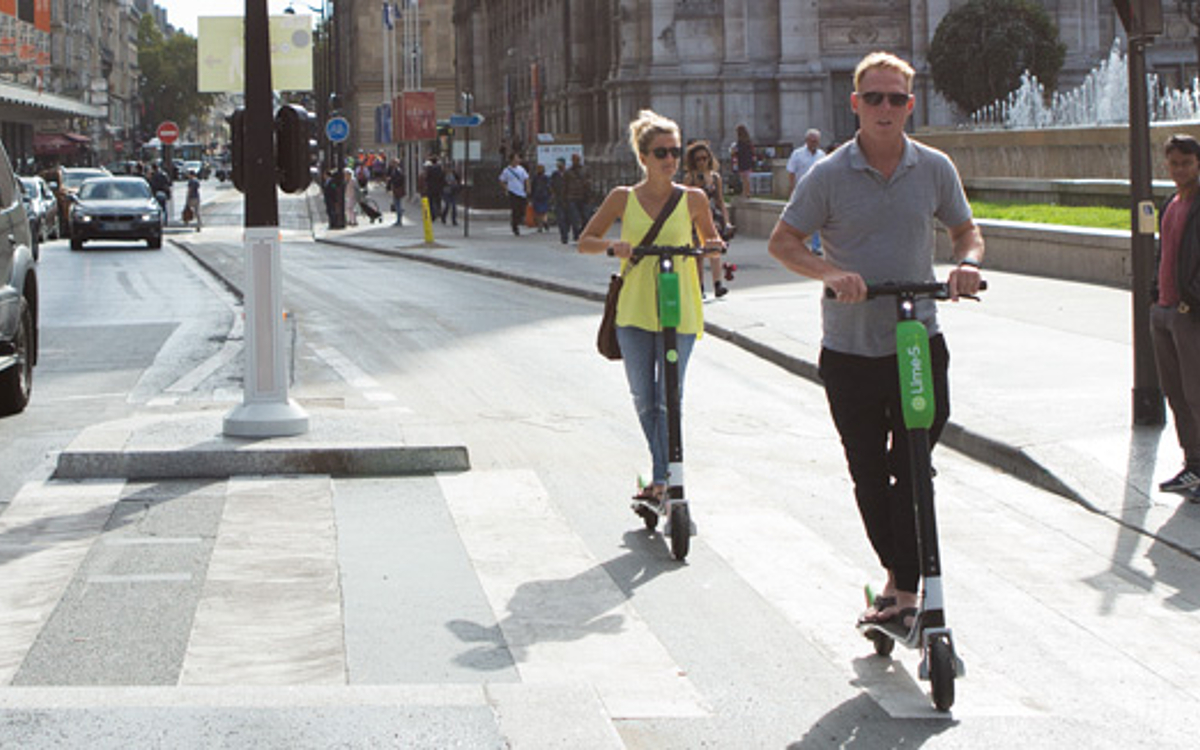
Parisians vote against use of shared e-scooters

From September, shared e-steps will disappear in Paris: in a badly attended citizens’ poll, 89% voted against the use /VILLE DE PARIS
As expected, Parisians voted overwhelmingly against using shared e-scooters in their capital: on Sunday, 89,03% were against in the citizens


Comments
Ready to join the conversation?
You must be an active subscriber to leave a comment.
Subscribe Today